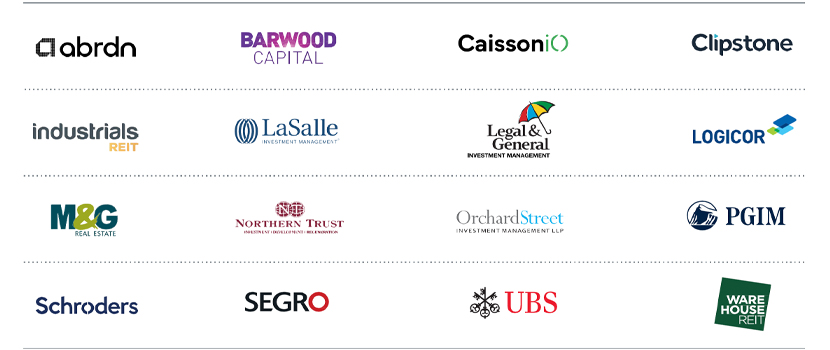Multi-Let: July 2023
The definitive guide to the UK’s multi-let industrial property market
Market overview
Headline ERV growth showed signs of cooling in central London, albeit from a high level. Meanwhile, more fringe and peripheral UK locations have played catch up, with the regions outside of the South East posting double digit ERV growth in 2022 for the first time on record. Void rates continue to tick up from recent historic lows as did the multi-let default rate in 2022, which at 4.3% was the highest since 2014. The steep rise in the UK company insolvency rate suggests this will increase again in 2023 though remain below the magnitudes observed during the financial crisis. We nevertheless remain upbeat on multi-let’s diversity and defensiveness through this challenging period, which is set to keep ERV growth positive. Landlords will seek to maintain headline rents through increased incentives and a lack of realisable physical supply will also continue to underpin the market.
The all-in cost of debt has more than doubled following the dramatic increases in SONIA (and its forward curve) after 13 consecutive Base Rate rises, most recently the 50bps increase to 5.00% in June. Nevertheless, the industrial sectors are expected to resume their dominance over the other property sectors over 2023-27, albeit less emphatically than has been the case historically.
EPC analysis suggests that landlords are engaging with the MEES regulatory deadlines and around 10% of multi-let floorspace rated C-G was upgraded in 2022. This appears to be possible during an ongoing letting, which gives multi-let an advantage over other property types. However, a significant proportion upgraded only to just meet minimum prevailing regulations, with the most popular improvement outside of the South East a grade C rating.
Download the full reportMulti-Let DATASET
1,300+
Estates
12,400+
Units
£26.1bn
Total capital value
£1.5bn
Market rent
Related Services & Sectors
CONTRIBUTORS
Multi-let is Gerald Eve’s unique and market-leading syndicated study that quantifies and provides detailed industry reference insight into what would be an otherwise opaque sector. The results are built from the bottom up, using individual tenancy information on units between 500 sq ft and 50,000 sq ft in size.
The information spans 15 years, covering many tens of thousands of individual assets over that time.
Many thanks to the leading UK multi-let industrial property investors who contribute their data to make this important study possible.
Cookie Policy
Privacy Overview
| Cookie | Duration | Description |
|---|---|---|
| cookielawinfo-checkbox-analytics | 11 months | This cookie is set by GDPR Cookie Consent plugin. The cookie is used to store the user consent for the cookies in the category "Analytics". |
| cookielawinfo-checkbox-functional | 11 months | The cookie is set by GDPR cookie consent to record the user consent for the cookies in the category "Functional". |
| cookielawinfo-checkbox-necessary | 11 months | This cookie is set by GDPR Cookie Consent plugin. The cookies is used to store the user consent for the cookies in the category "Necessary". |
| cookielawinfo-checkbox-others | 11 months | This cookie is set by GDPR Cookie Consent plugin. The cookie is used to store the user consent for the cookies in the category "Other. |
| cookielawinfo-checkbox-performance | 11 months | This cookie is set by GDPR Cookie Consent plugin. The cookie is used to store the user consent for the cookies in the category "Performance". |
| viewed_cookie_policy | 11 months | The cookie is set by the GDPR Cookie Consent plugin and is used to store whether or not user has consented to the use of cookies. It does not store any personal data. |

